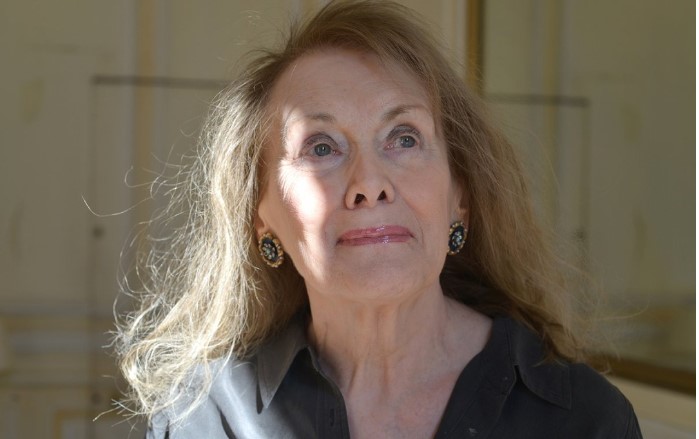
French author, Annie Ernaux, on Thursday, emerged as the winner of the 2022 Nobel Prize in Literature.
The 82-year-old, who was born in Lillebonne, France, was awarded the Nobel Prize for the courage and clinical acuity with which she uncovers the roots, estrangements and collective restraints of personal memory.
Ernaux, who writes novels about daily life in France as well as non-fiction, described as one of her country’s most acclaimed authors, had been among the favourites to win the prize.
The academy said it had not yet been able to reach her on the telephone before it announced her victory, but expected to be able to speak to her soon.
In a statement on its official website, the Nobel Prize organisation noted that “In her writing, Ernaux consistently and from different angles, examines a life marked by strong disparities regarding gender, language, and class. Her path to authorship was long and arduous.”
Speaking about her work following the announcement, the Chairman of the Nobel Committee for Literature, Anders Olsson, on the website said, “She is a wonderful writer and she has renewed literature in many ways. On one hand, she has a foot in the French tradition and the heritage that supports and can assuage the wealth of her experience in childhood and so forth and that is very important for her.
“Also, she guides this surge in such a quite new direction and a more social context and that is wonderful. She gives us a scale back of the heritage of the poor and the ambitious people living in the countryside and she does it with such clarity and vividness that is unwavering. It is very strong prose, both brief and uncompromising at the same time.
“I think that you should start with her La Place in French. It is translated into many languages. It is a short but wonderful portrait of a father. It is very, very sensitive, and concise, it is sometimes a very loving picture. She also recovers the special commendations he deserves and she can also be very critical in her observations and that is special for her.”
Organisers told reporters they focused on literary quality and not on sending a message to the world when choosing the award.
However, Ernaux’s victory beamed much light on her writing about abortion, months after the United States Supreme Court overturned Roe v. Wade.
In her novel, Happening, she detailed her experience of embarking on a dangerous backstreet abortion in 1963, when the procedure was illegal in France.
“There were thousands who had been through secret abortions, I wanted to recreate the truth of it exactly as it was in the moment, ridding myself of any knowledge of the fight for women’s rights that would follow,” the author told The Guardian (United Kingdom) in 2019. “Because in 1963, 1964 when it happened to me, it was unthinkable to imagine abortion would one day be authorised, doctors wouldn’t even say the word.”
Ernaux was the first French writer to win the Nobel since Patrick Modiano won the same in 2014 and she has been announced as the 16th French writer to have won the Nobel to date.
The first book published by the Professor of Literature at the Centre National d’Enseignement par Correspondance, was Les armoires vides, published in 1974 in France and as Cleaned Out in English in 1990.
More than 20 books have been credited to Ernaux, although her fourth book, La place or A Man’s Place, has been acclaimed to be her literary breakthrough.
Ernaux has received no fewer than 13 awards which included the Prix Renaudot in 2008 France for her autobiography The Years, which was shortlisted for the Man Booker International prize in 2019 when it was translated into English by Alison Strayer.
Her book, Una Donna won the Premio Gregor von Rezzori in 2019 and she was also shortlisted for the Man Booker International Prize for The Years.
In the UK, independent publisher, Fitzcarraldo Editions, has published eight of Ernaux’s books, with another two on the way. Shame will be released next year, as well as her latest book Le jeune homme.
The Nobel prize in literature is worth 10 million Swedish Kronor (£840,000), and goes to the writer deemed to be, in the words of Alfred Nobel’s will, “the person who shall have produced in the field of literature the most outstanding work in an ideal direction.”




